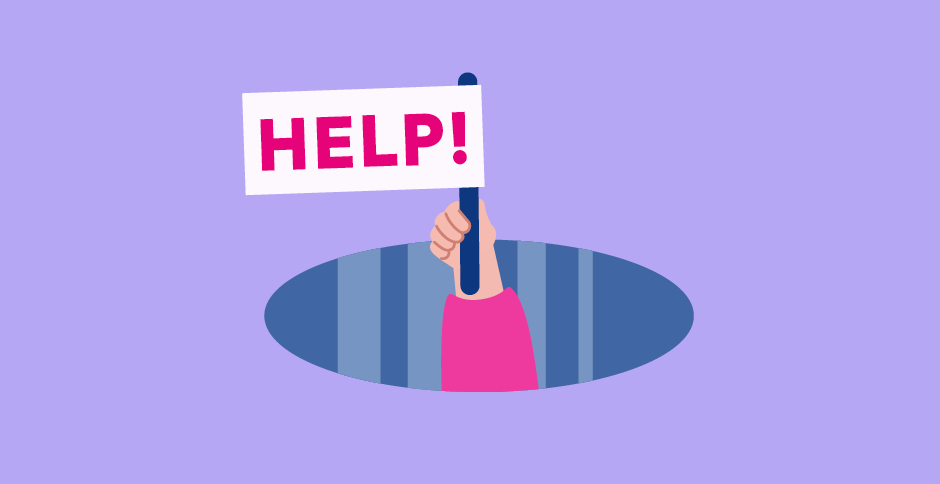Finding out that you will be required to undertake a psychometric assessment as part of the interview process may be daunting, but knowing what to expect can help to minimise any anxiety and set you up for the best possible outcome.
What is a psychometric assessment?
A psychometric assessment is used to measures a person’s suitability for a role based on their intellectual capabilities and personality traits. Organisations that use psychometric assessments believe that giving candidates a standardised test can provide an objective assessment of who the most suitable candidates are.
According to Sue Lawson from Psychometric Solutions and Innovations, organisations are increasingly using psychometric assessments to help inform their decision-making, particularly after initial interviews have been conducted in order to readily identify characteristics that can be hard to confirm at an interview.
Sue says, although psychometric testing is quite common, it is important to remember that it is not the be-all and end-all, but part of a wider evaluation strategy to determine who is the best person for a role.
Psychometric assessments usually cover two areas – abilities assessments and personality profiling.
A psychometric assessment is used to measures a person’s suitability for a role based on their intellectual capabilities and personality traits.
Abilities assessments – what you need to know
Abilities assessments or aptitude tests measure your intellectual capabilities as well as your problem-solving skills and your ability to understand new information in a limited timeframe. The most common tests are:
- Verbal reasoning (which assesses your ability to solve problems using written materials)
- Numerical reasoning (which assesses your ability to problem solve using numbers)
Aptitude tests tend to be multiple-choice, and they are usually timed, requiring the participant to work quickly through the questions.
“As these tests are usually completed online, it is useful to have a pen and paper handy to jot down any workings,” Sue says.
How to prepare for an ability assessment
While you can’t study for aptitude tests per se, there are a few things you can do to prepare for them, such as:
- finding out in advance which tests are going to be administered and what the format is
- doing some practice tests online – Sue says there are a number of websites where you can do practice tests for free
- reading widely
- playing word games, brainteasers and crossword puzzles
On the day:
- make sure you read the instructions carefully
- attempt as many questions as possible
- don’t spend too much time on any one question
- if a question seems too difficult, make a guess or move on to the next question and come back to it at the end if you have time
- if you finish early, take the time to go back and check your answers
Example question – Verbal reasoning
Find the two statements that together prove that:
Rita has red hair
1: Rita has long hair.
2: Rachael has red hair.
3: Rachael is ten years old.
4: Rita’s hair is the same colour as Rachael’s.
5: Rachael has short hair.
A: 1 & 2 B: 1 & 4 C: 1 & 5 D: 2 & 3 E: 2 & 4
The correct answer is E
Example question – Numerical reasoning
Find the missing number in the following sequence:
75 78 74 ? 73 76 72
A: 78 B: 79 C: 76 D: 77 E: 75
The correct answer is D
Personality assessments – what you need to know
Personality assessments aim to inform decision-makers about your behavioural style, interests, preferences and motivations. The format can vary and may include multiple-choice, True/False or a sliding scale. A personality profile gives the hirer an idea of such things as how you relate to others, how you approach and solve problems, how you prefer to be managed and how you handle stress and conflict.
While there are no “right” or “wrong” answers, Sue says it’s important to not over-think your responses or try to gear your answers towards what you perceive the recruiter may be looking for, as this might create an inaccurate impression of you.
How to prepare for a personality assessment
The most important element to undertaking this assessment is that your answers are honest, says Sue.And remember, no-one is perfect, so approach these assessments like you would any other part of the selection process by:
- being informed and well prepared
- having a positive attitude
- making sure you are well rested before taking the test
- allowing adequate time to complete the test
- attempting to complete all of the questions
“If you approach these assessments with a can-do attitude and treat them as another opportunity to showcase your suitability, chances are this will reflect positively in your answers,” Sue adds.
Example question – Personality assessment (sliding scale)
I enjoy talking to strangers.
- Never
- Sometimes
- Neutral
- Usually
- Always
The correct answer is the one that you feel best relates to you most of the time.
Hopefully now, armed with all of this information, the next time you’re asked to complete a psychometric assessment you will feel much better prepared. Good luck.



